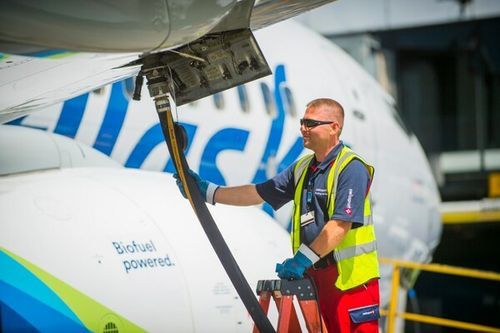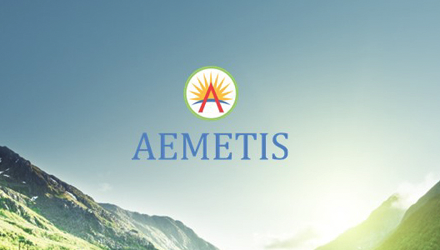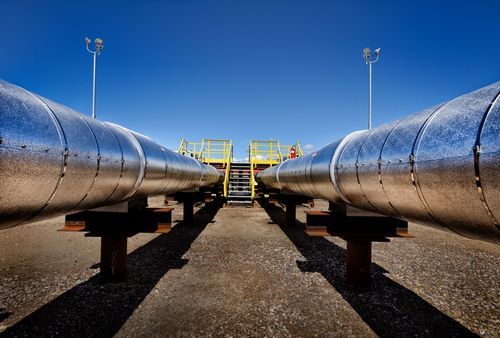Amogy Inc., a developer of emission-free, energy-dense ammonia power solutions, has completed its $139m Series B-1 fundraising.
The round was led by SK Innovation, joined by other global investors including Temasek, Korea Zinc, Aramco Ventures, AP Ventures, MOL PLUS, Yanmar Ventures, Zeon Ventures and DCVC, according to a news release.
The funding will enable Amogy to continue its organizational development to support commercialization, begin manufacturing of its innovative ammonia-to-power technology, and bring its first product to market in 2024.

“We are working from a place where we have no doubt that our technology will change the world,” says Seonghoon Woo, CEO of Amogy. “In 2021, CO2 emissions from transportation in the United States totaled 1.7 BMT — the most from any sector of the economy. This funding will help us to see our mission of forging a path toward net-zero 2050 through and in turn, make the world more sustainable. We greatly appreciate the investors sharing our bold mission, and we are laser-focused to bring our technology to market.”
Amogy’s ammonia-to-power technology feeds liquid ammonia through its cracking modules integrated into a hybrid fuel cell system, which powers electric motors for zero-carbon transportations including shipping. Amogy plans to
present its ammonia-powered, zero-emission tugboat in late 2023 — which is three times larger than the system that was field-tested on Amogy’s ammonia-fueled semi truck earlier this year. Upon the successful sail of the tugboat later in 2023 in upstate New York, Amogy intends to present its first commercial offering in 2024 and more.
“Amogy’s technology represents a key breakthrough in the usage of ammonia as a fuel, and we believe that it will revolutionize not only the maritime industry, but the entire transportation industry,” says Jun Kim, Vice Chairman & CEO from SK Innovation. “We want to make sure Amogy has the resources it needs to make zero-emission shipping a reality.”







